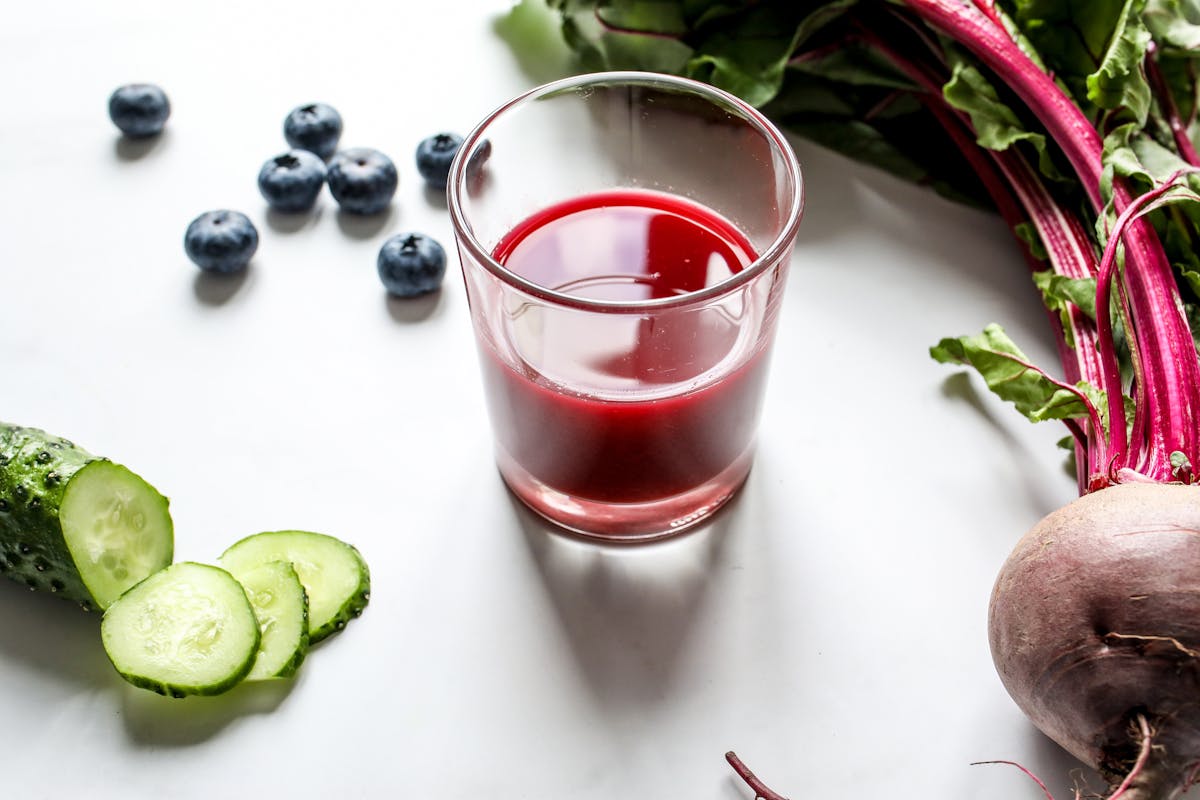
How Long Does It Take for the Liver to Recover from Alcohol?
The liver, our amazing chemical processor, has an exceptional ability to regenerate, but it still has its limits.
We often hear the phrase "alcohol is poison for the liver," but few people actually think about how long it takes this vital organ to recover after a few drinks.
The liver, our incredible chemical processor, has an exceptional ability to regenerate, but still, it has its limits. Have you ever wondered how much time your liver needs to recover after a night out? Or after a period of regular alcohol consumption?
The Liver – the "Factory" of Our Body
The liver is one of the most important organs in our body and is rightly called the "factory of the organism." It is involved in more than 500 different metabolic processes crucial for our health and survival. When we eat any food, it is first broken down in the intestines, and then the nutrients travel directly to the liver for further processing – reports N1.
During this process, the liver directs all ingredients through different metabolic pathways, creating proteins which are the building blocks of our body. Additionally, the liver filters blood, regulates blood sugar levels, produces bile necessary for digesting fats, stores vitamins and minerals, and of course, breaks down toxins – including alcohol.
What Happens in the Body When We Drink Alcohol?
When we drink an alcoholic beverage, about 25% of the alcohol is immediately absorbed through the stomach directly into the bloodstream. The rest travels through the small intestine and eventually reaches the liver for processing. The liver breaks down most of the alcohol into a chemical called acetaldehyde, which is actually more toxic than the alcohol itself. Then, another liver enzyme breaks down acetaldehyde.
The speed of alcohol absorption depends on several factors:
The alcohol concentration (stronger drinks are absorbed faster)
Whether the drink is carbonated (champagne is absorbed faster than non-carbonated drinks)
Whether the stomach is full or empty (food slows absorption)
Men have about 70 to 80% more alcohol-degrading enzymes than women, allowing them to metabolize alcohol more efficiently. Also, greater muscle mass and different fluid distribution in the male body means alcohol circulates over a larger surface area than in women.
Timeframe for Liver Recovery from Alcohol
But how long does it really take the liver to recover from alcohol? The answer varies depending on the amount of alcohol and frequency of consumption.
Recovery After One Drink
The liver can break down roughly one unit of alcohol per hour. One unit of alcohol is approximately a small beer, a glass of wine, or a shot of spirits. That means if you’ve had two glasses of wine, your liver will need about two to three hours to fully metabolize the alcohol in your system.
Recovery After Heavy Drinking
After a night of excessive drinking, the liver may need much more time to recover – usually 24 to 48 hours. During this period, the liver works overtime to eliminate toxins, which leads to familiar hangover symptoms: headache, dehydration, nausea, and fatigue.
Recovery After Regular Consumption
If you regularly consume alcohol over an extended period, your liver may need several weeks or even months to fully recover. Constant alcohol exposure leads to fat buildup in liver cells (fatty liver), which can cause inflammation and eventually more serious damage.
The Myth of Liver Detox
It’s important to note that there is no miraculous cure or supplement that can "detoxify" or "cleanse" your liver. Many products on the market claim to help detox the liver, but there is no scientific evidence to support these claims.
The liver is itself a detox organ, and the best way to support it is to give it time to do its job without additional strain. There’s no evidence that whey, turmeric, or other supplements improve liver function. Your body already has a highly efficient detoxification system.
When Should You Be Concerned?
Liver diseases are often "silent killers" because they rarely cause symptoms in the early stages. The liver can become fatty and slightly enlarged, and then the fat begins to cause inflammation. Over 15–20 years, that inflammation can lead to scarring and eventually cirrhosis, when the liver is irreversibly damaged.
However, the good news is that the liver has an incredible ability to regenerate. If it’s only fatty or slightly inflamed, it can recover with appropriate lifestyle changes. That’s why it’s important to consult a doctor if you have any concerns about your liver health.
Tips for Protecting the Liver from Alcohol
Don't Drink Every Day
Hepatologists recommend having at least two or three alcohol-free days per week. Ideally, these days should be consecutive to allow the liver to rest and recover properly.
Stick to Recommended Limits
Safe alcohol limits according to experts are around six medium (175 ml) glasses of wine or six pints of beer with 4% alcohol spread over three days. But what is considered excessive varies depending on genetics and body weight.
Drink Coffee
Interestingly, coffee can be beneficial for the liver. Studies show that one to two cups of coffee daily help prevent liver scarring, as coffee acts as an antifibrotic that prevents scar tissue formation.
Never Drink on an Empty Stomach
Drinking on an empty stomach allows alcohol to quickly enter the bloodstream, causing rapid intoxication and liver overload. Eating while drinking slows down alcohol absorption by keeping it in the stomach longer.
Avoid Binge Drinking
There is no way to speed up alcohol metabolism or avoid a hangover. Remember that hangovers get worse with age, as the activity of alcohol-degrading enzymes decreases as we get older.
Obesity and the Liver – Similar Effects as Alcohol
Interestingly, being overweight and alcohol consumption cause similar liver changes. Weight loss is the best way to address fatty liver related to metabolic dysfunction (previously known as non-alcoholic fatty liver disease).
Exercise can help improve liver health by moving fat from the liver into the bloodstream and muscles. Simply being more active – 20 minutes of walking daily and using stairs instead of elevators – can make a significant difference.
Not Just Alcohol – Smoking Also Damages the Liver
If you need another reason to quit smoking, know that it also negatively affects the liver. Smoking accelerates liver scarring (fibrosis), and the combination of smoking and alcohol is especially harmful. Studies show that smokers who drink alcohol have a higher risk of developing liver cirrhosis than those who only drink.
Long-Term Approach Instead of Quick Fixes
Many people follow the practice of a "dry" month without alcohol after holidays or overindulgence. While it's good to give your liver a break, in general, it’s much better to drink moderately throughout the year than to swing from one extreme to another.
The positive side of a "dry" month is that it proves life can function without alcohol, which may help reduce overall annual alcohol intake. That is certainly beneficial for general health.
Remember, the liver is a remarkably resilient organ, but it has its limits. Giving the liver enough time to recover between drinking episodes is key to maintaining its long-term health. Instead of looking for quick fixes or miracle detoxes, focus on moderation, regular alcohol-free days, and a healthy lifestyle.
Your liver is an incredible "factory" working nonstop to keep you healthy. Give it the care and respect it deserves, and it will reward you with years of reliable function.





